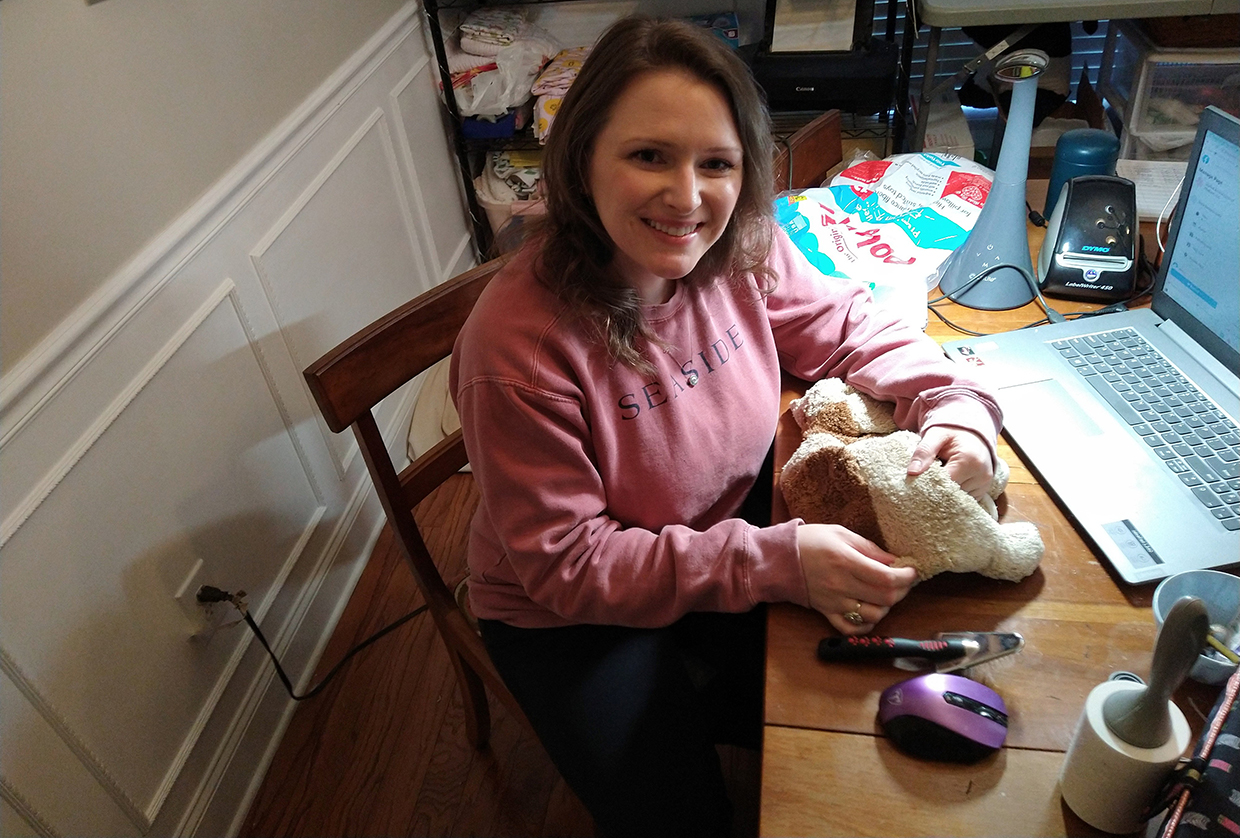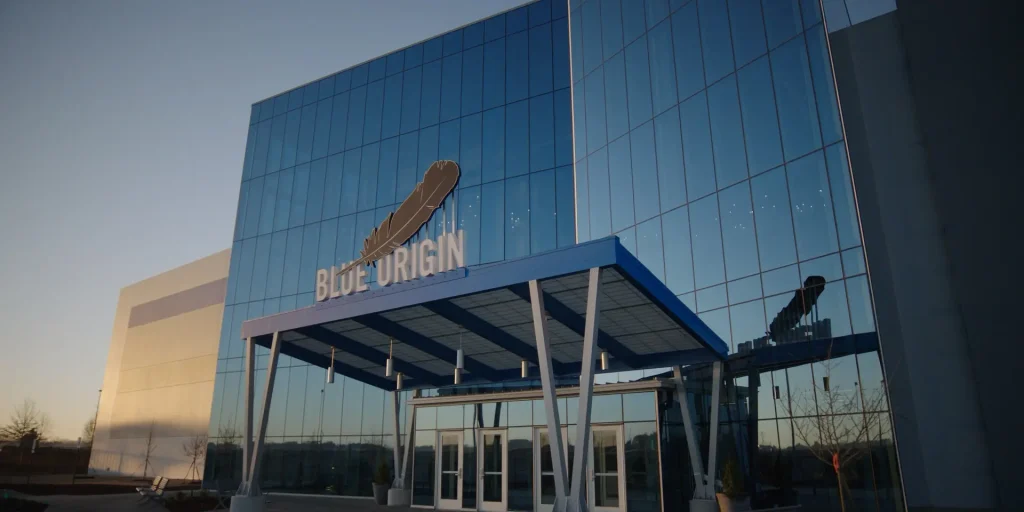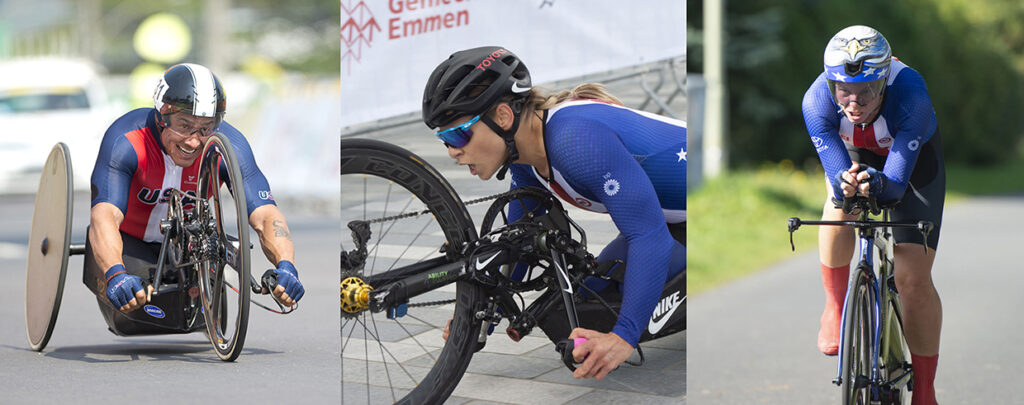Nicole Adams, SAD (Stuffed Animal Doctor) of Madison’s Stuffed Animal Clinic specializes in healing, repairing and reviving children’s (and adult’s) seriously injured or sick stuffed animals.
Stuffed animals are a child’s best friend. For a child, trauma can come in any form from something as simple as bringing a newborn sibling into the home, to school issues and family trauma. For the single child and even adults, a ragged teddy or blankie still holds warm comforting memories.
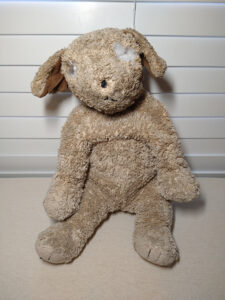
To children, Adams is a mixture of Disney’s Doc McStuffins, pediatrician and master surgeon all in one.
“I have talked to so many mothers who tell me, ‘I didn’t get any sleep last night because my child lost an ear off her bunny and cried all night about it,’ or, ‘I had to take away my child’s favorite stuffed animal because it has beads inside (that are now deemed dangerous to children’s health) and it made for a terrible day,’” Adams outlined.
Nicole Adams grew up with her grandmother who taught her how to sew at a young age. She used to make her own Barbie clothing and still makes her daughter frilly dresses, which, she later found out from her teacher, she models and brags about to her classmates at school.
During COVID, Adams made face masks for people and gave them away for free.
Adams had experienced trauma herself as a child, relying on her stuffed animals and a particular blanket she held onto for years for comfort. That gives her insight into the importance of stuffed animals, some dolls and blankets in a child’s life.
She said stuffed animals are particularly special to autistic children and autistic adults to whom they consider their favorite stuffed animal to be their very best friends.
“They are real to autistic people, and they will message me throughout the day checking on them,” said Adams. “I find that if I send them pictures and reassure them on social media that their stuffed animal is okay and recovering, it calms them.”
As a perfectionist, Adams said she gets very focused when she begins working.
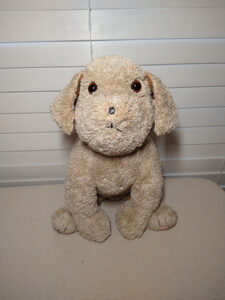 “My daughter is obsessed with stuffed animals, many she sleeps with every night, and she was always coming to me asking me to fix them,” said Adams. “I want it to look just like it did before whatever misfortune occurred because kids know! They see the stitches, and you can even try buying a new one and they say ‘No!’ because they know the difference.”
“My daughter is obsessed with stuffed animals, many she sleeps with every night, and she was always coming to me asking me to fix them,” said Adams. “I want it to look just like it did before whatever misfortune occurred because kids know! They see the stitches, and you can even try buying a new one and they say ‘No!’ because they know the difference.”
Adams said she often found herself completely immersed in what she was doing, making sure her stitches were hidden, and if she could not clean or repair a part, she replaced it with an exact match of the original.
“My friends would call or come by and ask, ‘What are you doing? You seem so distracted.’ And I would respond, ‘I’m fixing another stuffed animal,’” she said. “They were always fascinated by the results, and I began to wonder whether this was needed in our community.”
Recently, Doc Nicole received a phone call from a distraught grandmother, asking her whether she could call her 4-year-old son and assure him she could repair the torn ear from his favorite teddy bear. The boy had heard there was a local Doc McStuffins in town, but he was deeply distressed and nervous she wasn’t real.
Doc Nicole called the little boy.
“You’re gonna take care of him, right?” the boy asked.
“Yes, yes, I will take such good care of him, and his ear is going to be all put back together when you come get him this afternoon, OK?” she replied.
Adams added, “When his grandmother brought me the bear, she said he was all smiles after that call.”
It can be a tricky business. Many adults have keepsake teddies and blankets they pass down to their children. They are often falling apart or have been hastily repaired using old string, beads, mattress foam and other materials that would not be allowed for use in making a stuffed animal or doll today but were recycled to repair it years ago.
“The problem with that is it deteriorates and even turns to powder, which comes through the fabric causing allergies and other ailments when the child is sleeping,” Adams said.
She said thorough and proper cleaning and replacing failing stuffings with safe polyfill that is not going to deteriorate is as important and meticulous a procedure as repairing it.
“I use a hypoallergenic detergent because I myself am susceptible to allergies and I am conscious of making sure I don’t use something that will trigger allergies or be unsafe for children,” she explained. “I use baking soda for smells, and mixed with Dawn soap, it helps with cigarette smoke or other lingering odors like mildew or throw-up.”
Because of parenting groups on social media, the Stuffed Animal Clinic has received national recognition and Adams takes in orders daily from states across the country.
Adams repairs all stuffed animals, some dolls, blankets, and she makes Memory Bears out of materials from a loved one who has passed or from old cloth or clothing.


